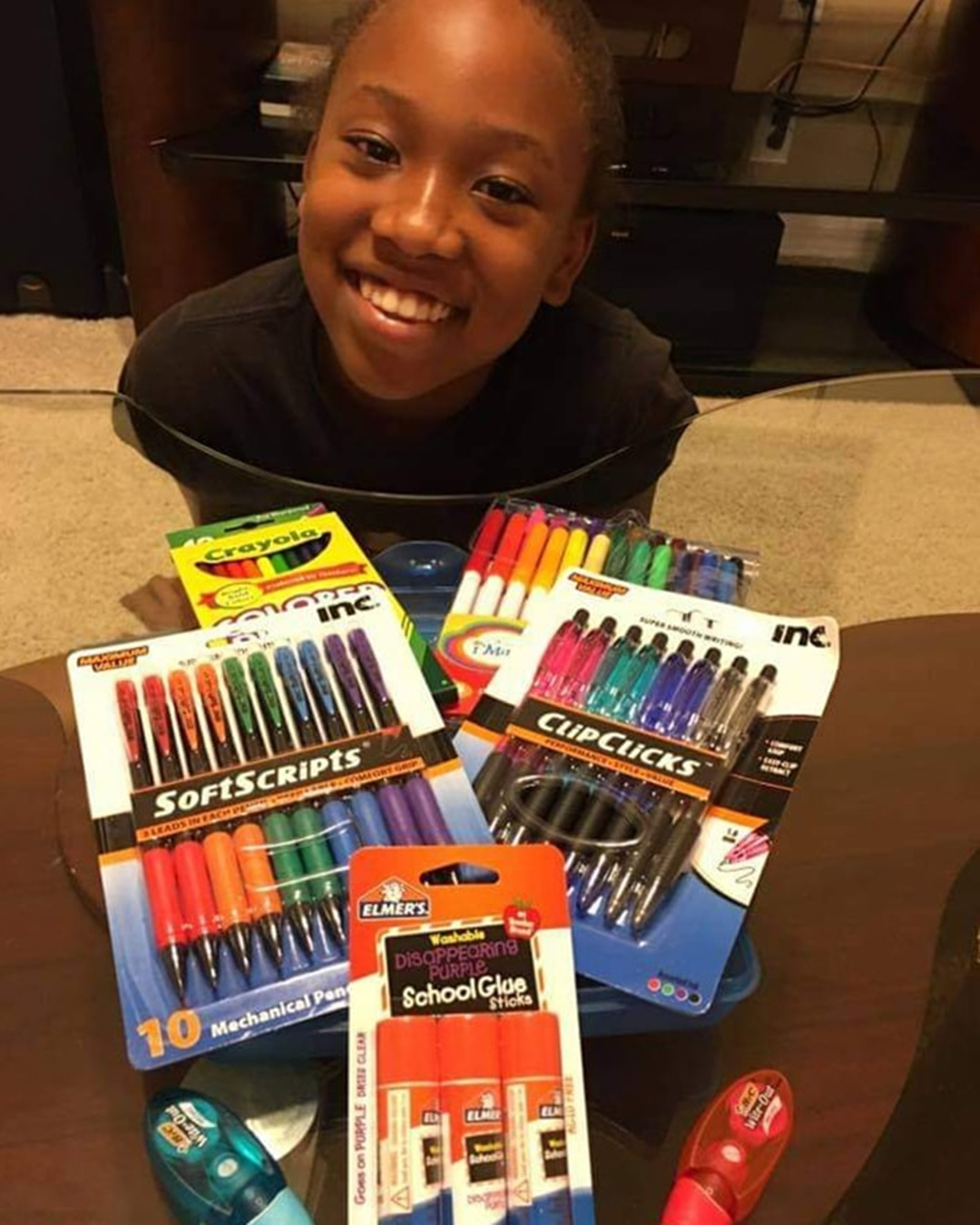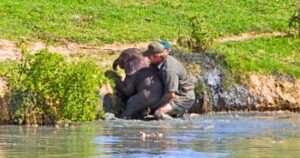In every school, in countless classes across the country, there is a child who seems to walk with a weight heavier than their backpack. My little sister recently told me about one such boy in her class, and the story has been replaying in my mind ever since. This isn’t a story about homework or tests. It’s about the quiet, brutal social lessons that are taught and learned in the hallways, and how one small act of kindness can change everything.
This boy is not the type who draws attention. He moves quietly, often alone. For reasons that are as cruel as they are nonsensical, he has become the target. He is “different,” and in the harsh ecosystem of a middle school, that difference has been treated as an invitation for cruelty.
It’s not always overt. Sometimes it’s the whispers when he walks past. Sometimes it’s the giggles exchanged behind his back. Other times, it’s the blunt, harsh reality of being left out of games or deliberately ignored when he speaks.
But the most painful moments, the ones that truly sting, happen when all he asks for is something small.
The Smallest Request
My sister told me he often leans over, shyly, to ask if he can borrow a pencil, an eraser, or a single piece of paper to finish his assignments.
Think about that. For most kids, lending an extra pencil is nothing. It’s a thoughtless, automatic gesture. It costs nothing and takes no effort.
But for him, the responses are rarely kind.
Some students perfect the art of pretending not to hear, their focus suddenly locked on the ceiling or a spot in their notebook. Others will glance at their own overflowing pencil case and claim they don’t have an extra. A few are more direct, offering a flat “no,” sometimes with a smirk or a dramatic, exaggerated eye roll to play to the crowd.
Each “no” is a small papercut, a tiny wound that, by itself, might be manageable. But a thousand of them, day after day? It’s a death by a thousand cuts to a child’s spirit.
One day, the cruelty went a step further. When a classmate, for a brief second, looked like they might actually share, someone else shouted across the room: “Stop giving him stuff!”
The words landed like a stone in the quiet classroom. Heavy, sharp, and intended to hurt. The boy froze, his face flushing with a humiliation that was laid bare for everyone to see. The hum of normal chatter returned, but for him, that moment was a branding. It was a public declaration of his status as an outcast.
My sister, sitting nearby, felt her heart ache. She didn’t understand. How could such a small, simple request bring out such a deep-seated unkindness in others? She watched him lower his eyes, his shoulders hunching, as if he could physically make himself smaller and disappear from the humiliation.
That night, she couldn’t stop thinking about it.
A Quiet, Powerful Plan
She didn’t announce her plan. She didn’t tell her friends, her teacher, or even me.
Quietly, she went to her room. She opened the small jar where she kept her allowance—money she’d been saving for snacks, trinkets, or whatever else young kids save for. She counted what was left. It wasn’t much.
But as she looked at the coins and bills, she didn’t see what she could buy. She saw what he needed. She understood, in a way most adults forget, that what he was receiving was a form of terrible emotional treatment, and what he needed was a different kind.
She chose to donate her entire savings to a cause that wasn’t famous, that had no organization, and that would win her no awards. She was donating it to one person’s dignity.
The next day, she walked into a store on her own. She picked up notebooks, packs of pencils, erasers, and a few other basics. Nothing fancy. Just the essentials. Just the tools that would mean he no longer had to beg for scraps of kindness from people who had none to give. She tucked them into her schoolbag.
The following morning, as the classroom was still settling in, she slipped over to his desk. She didn’t make a speech. She didn’t make a show of it. She simply placed the supplies in front of him with a small smile and walked back to her seat.
No one clapped. No one cheered. Most of the room probably didn’t even notice.
But to him, that small gesture was everything.
For the first time in a long time, he could just… work. He had his own tools. He had his own independence. And most importantly, he had the undeniable proof that one person saw him. Not as a target, not as a problem, but as a human being who deserved to be treated with dignity.
The Heart of Gold
When my sister told me the story, I was speechless. She’s young, but she understands something that seems to escape so many adults: kindness isn’t about grand gestures or public praise. It’s not about writing a check or sitting in a conference. It’s about seeing a quiet, specific need and choosing to meet it, especially when no one else will.
The world often feels overwhelming. We are bombarded with cruelty and division. But then, in the middle of it all, a 10-year-old girl uses her ice cream money to buy someone else his dignity back.
I told her how proud I was of her. She just shrugged, almost embarrassed. To her, the logic was simple: He needed help. She could help. So she did.
She doesn’t see herself as a hero. But in my eyes, she is one.
I think about that boy often. I wonder if he’ll remember this, years from now, when he’s applying for a job or a loan. Will he remember the day someone stood by him when others turned away? I hope he does. Because this act of kindness is the first step in his recovery. It’s the seed that plants resilience and confidence.
And I think about my sister. She reminds me that the most powerful lessons aren’t always taught by teachers in classes. They come from the quiet bravery of choosing empathy in a world that too often rewards the opposite. In her, I see the best of what we should all be striving for: kindness without condition, and courage without applause.
Full Story: https://aquariumbee.com/man-loses-360-pounds-naturally-internet-rallies-to-support-his-next-step/


